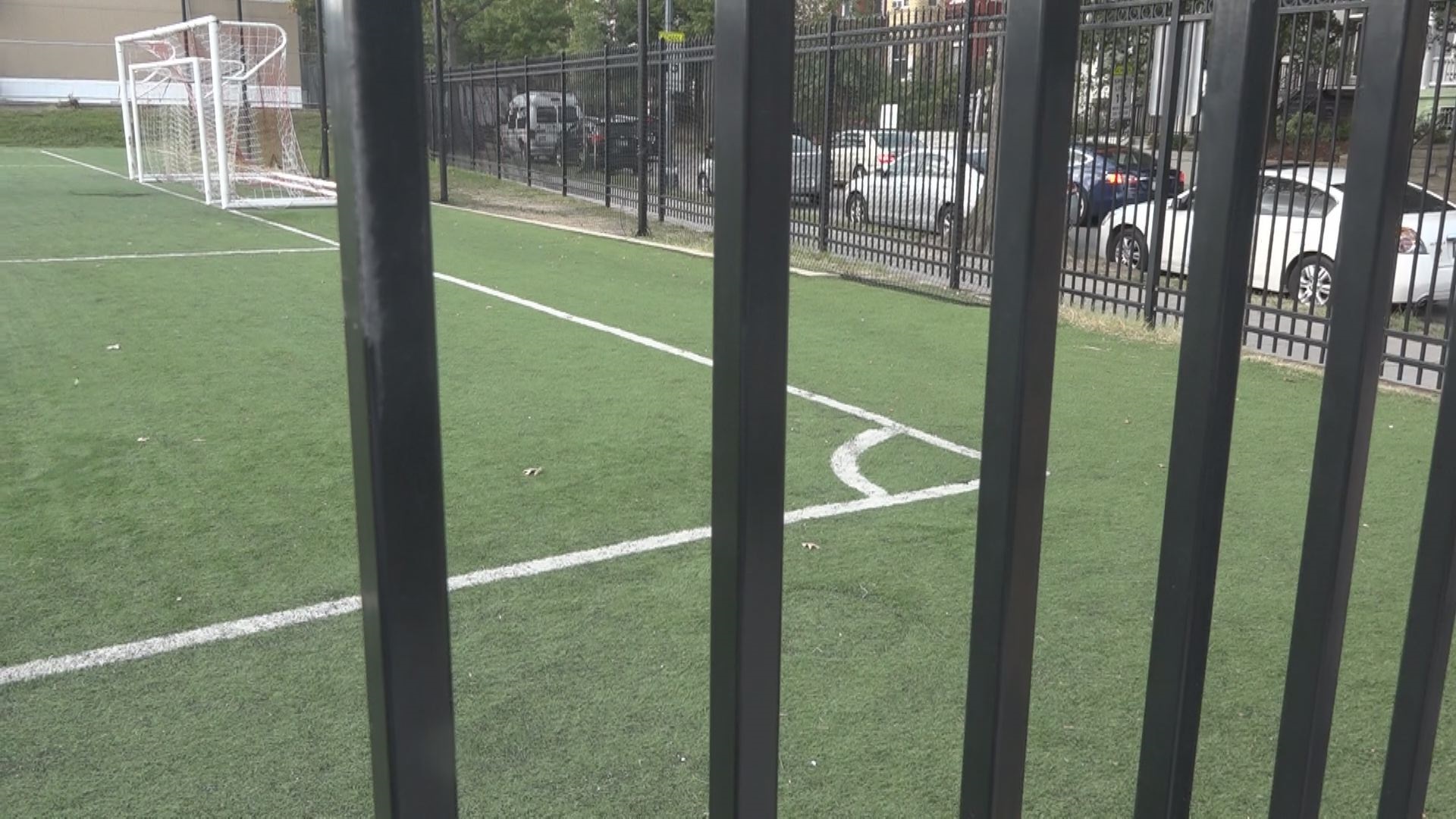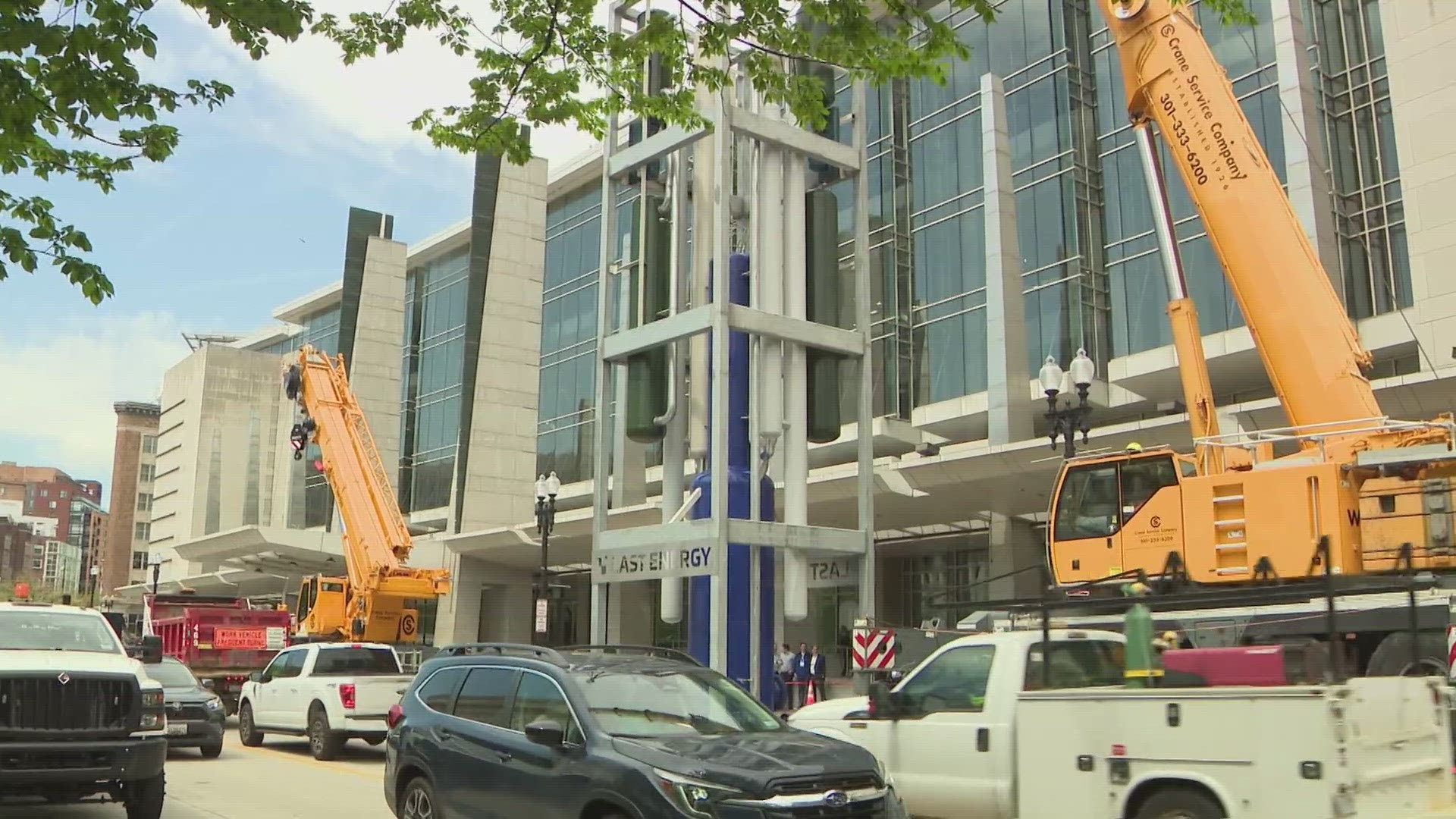Several artificial turf fields at D.C. schools and parks were shut down or put on restricted use because of potential dangers.
The city said the turf became too hard which could’ve put students at risk for serious injuries.
“I'm not happy about it and I'd like to see a change,” Gaston de los Reyes said.
Parents, like Reyes with kids in D.C. Public Schools, were surprised to hear that some of the 52-artificial turf fields their children play on needed to be fixed or replaced.
“As a parent, the idea that these fields were dangerous and did need to get replaced was something that made me -- if I did nothing – irresponsible,” Reyes explained.
TURF WARS | 16 schools/parks with artificial turf fields failed hardness test. Parents concerned because of increased concussion risk @wusa9 pic.twitter.com/ZlZKgkDJqB
— Michael Quander WUSA (@MikeQReports) September 19, 2017
The Department of General Services said 16 fields did not pass a hardness test called GMAX.
The higher the GMAX number, the higher the probabilities of concussions.
The numbers forced city leaders to limit the use of those fields and temporarily ban any kind of contact sports.
“It's toxicity, heat, cost, hardness, injury. It's a terrible combination,” Diana Conway, with Safe Healthy Playing Field Coalition, said.
Those opposing the fake grass fields point to research and articles saying they’re incredibly hot and may contain harmful chemicals like lead.
“There's no disclosure. There's no waiver. There is no consent. There is no knowledge,” Conway said. “The parents are uninformed. They assume that if it is in their children's field -- in a public school -- somebody has tested for it. That's not the case.”
Parents also said they were not notified of the failed field tests right away.
“This is a problem of disclosure from the government. If you have information that is of concern to parents, you should give it to them,” Conway explained.
Instead of using rubber tire crumbs, the city is replacing fields with another type of artificial material.
Parents said that is not enough and are pushing for schools to put real grass back in the ground.
“Do I want my children exposed to these carcinogens as much as they are? No. Are there alternatives? Yes. Does the city care? Not yet,” Reyes said.
The city repaired nine fields and plan to replace three others.
The remaining affected fields have returned to normal use.
Some of those parents had a town hall meeting at the Oyster Adams school off of Calvert Street.


